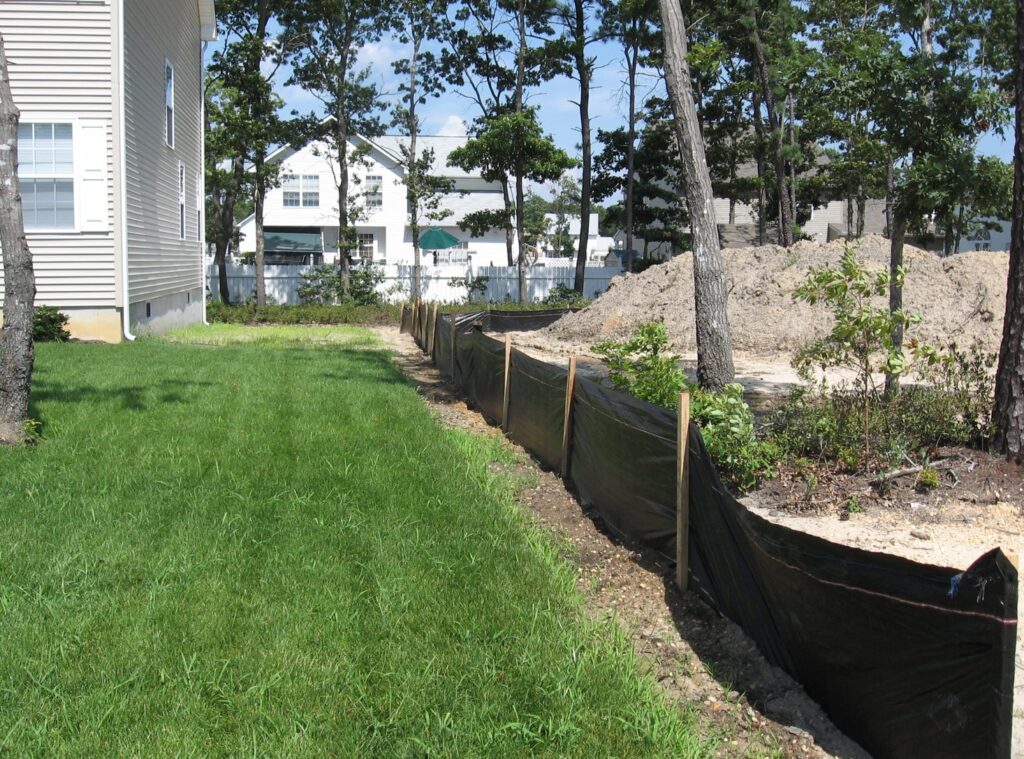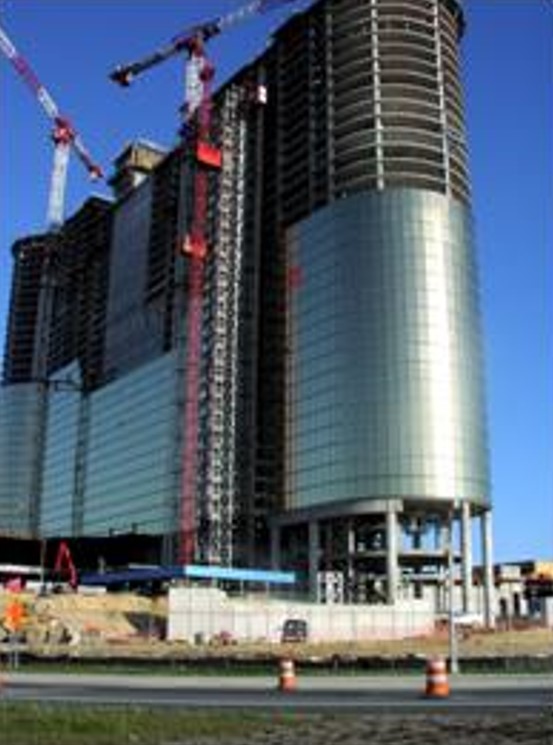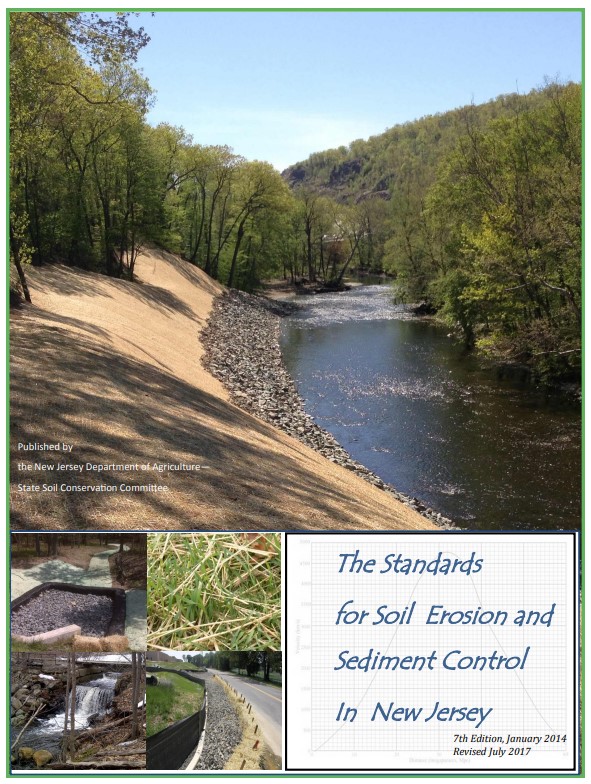Soil Erosion Links
Click To Download The Following Documents
The Shift in Land Use and Its Impact
In the 1970s, New Jersey experienced a rapid transformation as rural and agricultural lands gave way to urban development. The construction of houses, industrial facilities, and commercial sites resulted in widespread land disturbance and significant damage to natural resources.
One of the most serious consequences was soil erosion caused by wind and water. The displaced soil not only degraded the land from which it originated but also created costly and harmful effects in areas where it was deposited, such as waterways and drainage facilities.
To address these issues, the State of New Jersey adopted the Soil Erosion and Sediment Control Act, Chapter 251, on January 1, 1976. This legislation provides a framework to prevent soil erosion and mitigate its negative impacts. By using established technologies, planners, engineers, developers, and contractors can protect both public and private lands from soil erosion and sediment-related damages.
Implementation of the Soil Erosion and Sediment Control Act
The State Soil Conservation Committee has established rules to implement Chapter 251. These rules ensure timely decisions on applications for development and set clear standards for preventing erosion. The current rules became effective on February 20, 2014, and require regulated projects to obtain certification before beginning land disturbance activities.

Projects Regulated Under Chapter 251
The following types of projects are subject to regulation under the Soil Erosion and Sediment Control Act:
- Recreational and Institutional Projects: Golf courses, schools, and churches.
- Commercial and Industrial Facilities: Shopping centers, industrial sites, and public facilities.
- Residential Development: Townhouses, condominiums, single-family homes, duplexes, and subdivisions.
- Infrastructure and Utilities: Utility lines, land grading, demolition, and gravel pits or mining sites.
Projects Not Regulated Under Chapter 251
Some activities are exempt from regulation, such as:
- Certain agricultural and horticultural activities.
- Projects that disturb less than 5,000 square feet of land.*
Projects that may qualify for exemption must file a Project Exemption Application with the District prior to beginning land disturbance activities.
*Note: Smaller projects that are part of a larger development may still require a Soil Erosion and Sediment Control Plan Certification.
Certification Requirements
Projects regulated under Chapter 251 must submit a Soil Erosion and Sediment Control Plan Certification application to the Soil Conservation District. This includes detailed plans, calculations, and the required application fee. Federal facilities follow a separate fee schedule.
The Cape Atlantic Conservation District works closely with developers and municipalities to ensure that erosion and sediment control measures are implemented during construction.
Standards and Tools for Soil Erosion and Sediment Control
The State Soil Conservation Committee has developed comprehensive standards to guide soil erosion and sediment control efforts. These include:
- Vegetative Standards: Techniques for stabilizing soil using plantings.
- Engineering Standards: Tools and devices for controlling erosion and sedimentation.
These standards were developed with input from technical advisory groups, including professional engineers, landscape associations, Rutgers Cooperative Extension, and state and federal agencies like the NJDEP and USDA-NRCS.


Updates to Soil Restoration Standards
In accordance with P.L. 2010, Chapter 113 (Soil Restoration Act), the standards now include provisions for mitigating soil compaction on construction sites. Chapters 8 (Topsoil) and 19 (Land Grading) of the standards outline best practices for restoring soil health after land disturbance activities.
District Guidelines
The Cape Atlantic Conservation District has developed specific guidelines to assist in preparing Soil Erosion and Sediment Control Plans. These resources complement the state’s standards and are available to help plan preparers ensure compliance.
Click here for the Soil Erosion & Sediment Control Plan Requirements for Submittal to the Cape Atlantic Conservation District.
By adhering to these regulations and guidelines, New Jersey continues to protect its natural resources from the damaging effects of soil erosion and sedimentation, ensuring a sustainable environment for future generations.
*Note: Some projects that disturb less than 5,000 square feet of land, but are part of a larger project, or plan of development may be required to obtain a Soil Erosion and Sediment Control Plan Certification.

